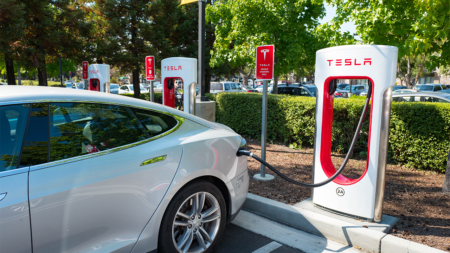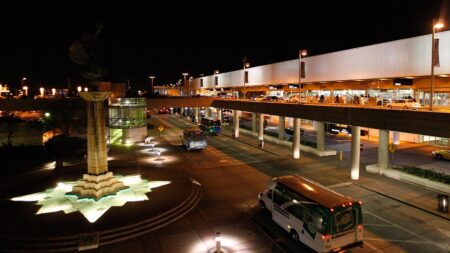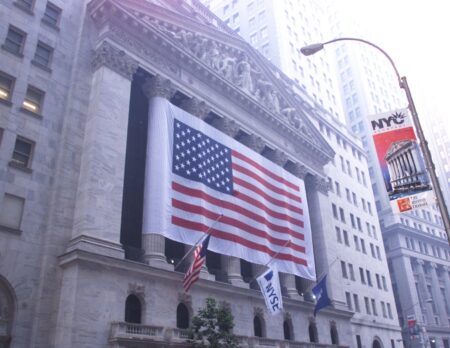High inflation has made the price of just about everything in the U.S. more expensive – including how much it costs to raise a child.
Research published by LendingTree shows that the cost of child care surged nearly 20% between 2016 and 2021, the latest year for which complete data is available. Annual expenses, excluding tax exemptions or credits, hit $21,681 in 2021, versus $18,167 in 2016, the data shows.
“The cost of everything is rising,” said Matt Schulz, LendingTree chief credit analyst. “There’s so much that goes into child care, including rent, payroll, insurance and much more. When all those costs shoot up, the overall cost of child care does, too.”
That means the typical family is spending about $237,482 over the course of 18 years to raise a child – and that is excluding the cost of college.
WHY ARE GROCERIES STILL SO EXPENSIVE?
Another LendingTree study shows that about 75% of parents think that having and raising children has been far more expensive than they expected. In fact, more than half of parents – about 55% – admit to having gone into debt in order to pay for child-related expenses.
Families with young children say the biggest financial burdens of childrearing are food (21%), child care (19%) and clothing (13%).
Child care may soon get even more expensive.
JAMIE DIMON WARNS INFLATION, INTEREST RATES MAY REMAIN ELEVATED
Congress allocated $24 billion in emergency funding to help keep child care providers afloat as part of the American Rescue Plan, passed in 2021. But that pandemic-era program officially expired at the end of September, leaving child care providers in a lurch; experts have warned that without the funding, the industry may see a spate of tuition hikes, layoffs and closures.
Left-leaning think tank the Century Foundation estimated that 70,000 child care programs will close as a result of the funding expiration, resulting in 3.2 million children losing access to care.

“[Child care] prices could rise further,” a recent Bank of America Institute study said. “This could have a meaningful impact on consumers because over 12% of US households pay for child care on a regular basis…and any further increase in prices would disproportionally weigh on families with young children.”
If prices continue to climb, it could force consumers to pull back on spending in other areas.
While inflation has fallen from the highs of mid-2022, many families have yet to see material relief. Food prices are up 21% from the start of 2021, while shelter costs are up 20%, according to FOX Business calculations. Energy prices, meanwhile, are up 36.8%.
Chronically high prices are forcing Americans to spend about $1,069 more per month than they did three years ago, before the inflation crisis began, according to a recent estimate from Moody’s Analytics.
Read the full article here












